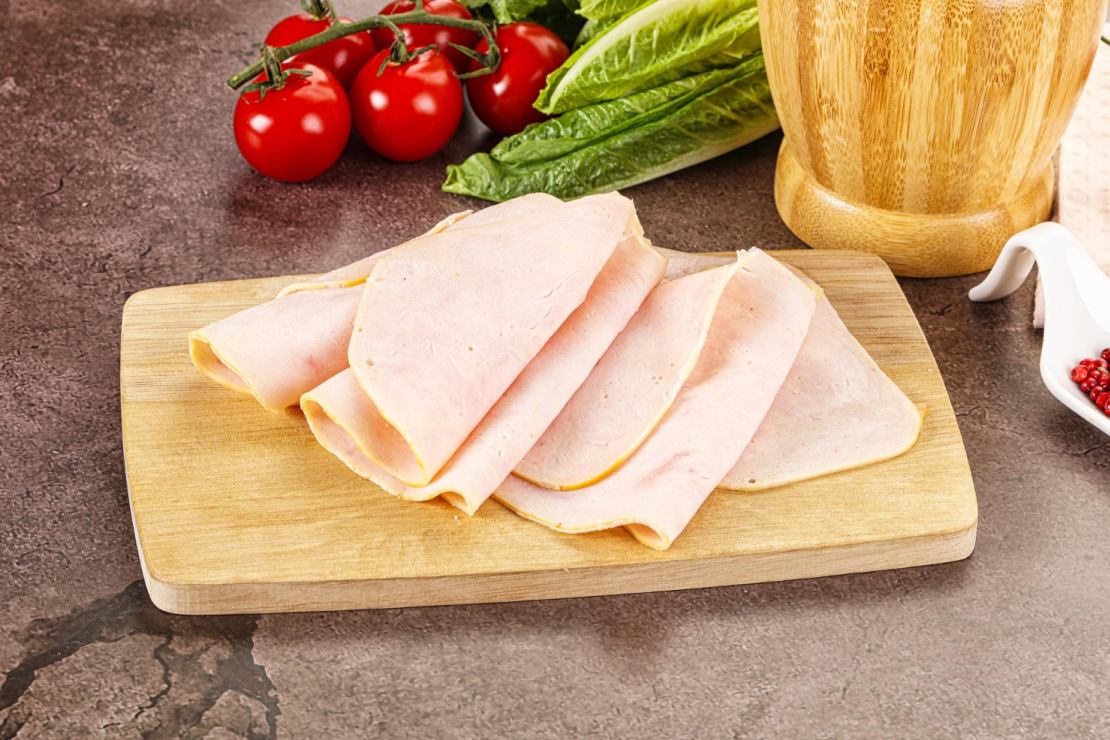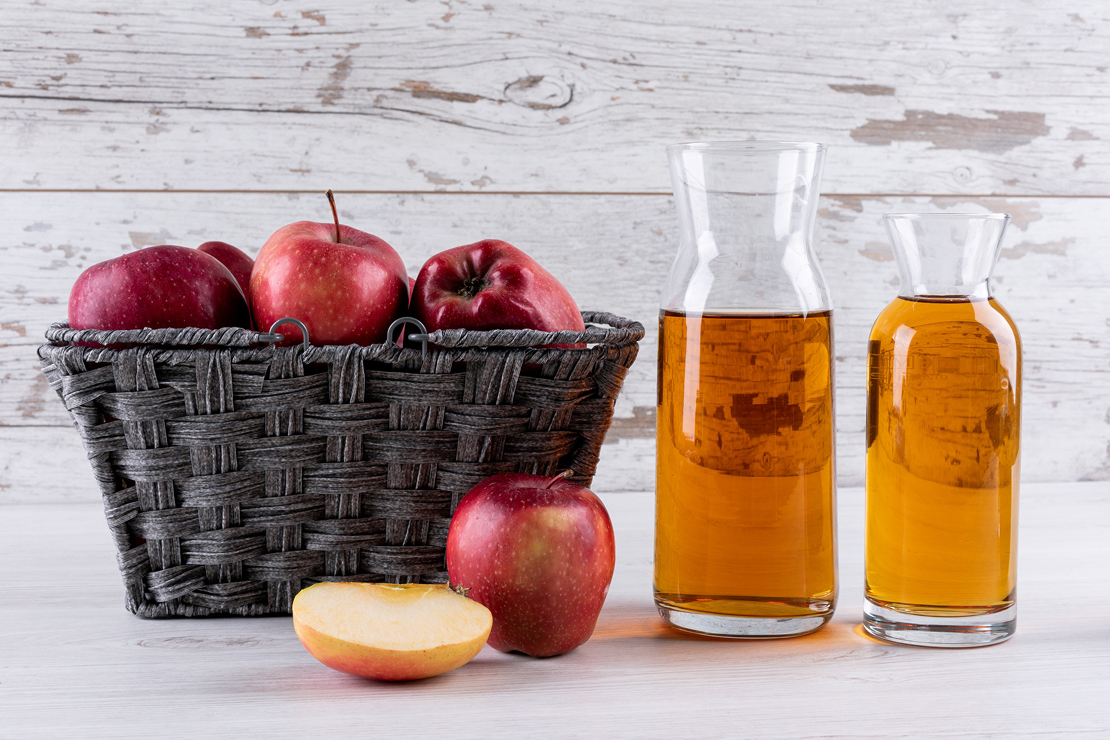Debunking the Myth: Does Turkey Bacon Really Have Nitrates?
Discover the truth about nitrates in turkey bacon, understand the differences between natural and artificial nitrates, and learn how to make informed choices about your breakfast proteins.

Table of Content
Understanding Nitrates in Turkey Bacon
As health-conscious consumers increasingly turn to turkey bacon as a leaner alternative to traditional pork bacon, questions about its nitrate content have become more prevalent. The truth about nitrates in turkey bacon is more complex than a simple yes or no answer, and understanding this can help you make better dietary choices.
Natural vs. Artificial Nitrates: What's the Difference?
Many turkey bacon manufacturers now advertise their products as "nitrate-free," but this label can be misleading. Here's what you need to know:
- Conventional turkey bacon often contains sodium nitrite as a preservative
- "Uncured" varieties typically use natural nitrate sources like celery powder
- Both types ultimately create nitrates in the final product
- The body processes both natural and artificial nitrates similarly
The Role of Nitrates in Meat Processing
Nitrates serve several important functions in processed meats like turkey bacon:
They help prevent bacterial growth, particularly botulism, ensuring food safety. These compounds give turkey bacon its characteristic pink color and contribute to its flavor profile. Without some form of nitrates, turkey bacon would look gray and taste significantly different from what consumers expect.
Health Implications: What the Research Says
The relationship between nitrates and health is nuanced. While some studies have raised concerns about processed meats and health risks, it's important to understand that:
The amount of nitrates in turkey bacon is generally lower than in traditional pork bacon. Modern processing methods have significantly reduced nitrate levels compared to historical usage. The body naturally produces nitrates, and many vegetables contain higher levels than processed meats.
Making Informed Choices About Turkey Bacon
When selecting turkey bacon, consider these factors:
- Look for products with transparent ingredient listings
- Consider portion sizes and frequency of consumption
- Balance processed meats with whole food protein sources
- Compare sodium content between different brands
Reading Labels: What to Look For
Understanding turkey bacon labels can help you make better choices. Watch for these ingredients:
Sodium nitrite or sodium nitrate are traditional preservatives. Celery powder, celery juice, or sea salt often indicate natural nitrate sources. "Uncured" doesn't necessarily mean nitrate-free. Look for total sodium content, as this can vary significantly between brands.
Healthier Alternatives and Preparation Methods
If you're concerned about nitrates but enjoy turkey bacon, consider these approaches:
Look for truly nitrate-free varieties that use alternative preservation methods. Consider cooking methods that minimize the formation of potentially harmful compounds. Pair turkey bacon with foods high in antioxidants, which can help mitigate potential negative effects of nitrates.
The Bottom Line on Turkey Bacon and Nitrates
Turkey bacon, like most processed meats, typically contains some form of nitrates, whether natural or artificial. While it's generally a leaner option than traditional bacon, it's important to consume it in moderation as part of a balanced diet. Understanding the role of nitrates and making informed choices about your turkey bacon consumption can help you maintain a healthy relationship with this popular breakfast protein.
"The key isn't necessarily avoiding nitrates completely, but rather understanding their role and making informed decisions about your consumption of processed meats."
Start Your Health Journey Today
Download Macro Tracking AI and take control of your nutrition with the power of artificial intelligence.
Download on App Store

